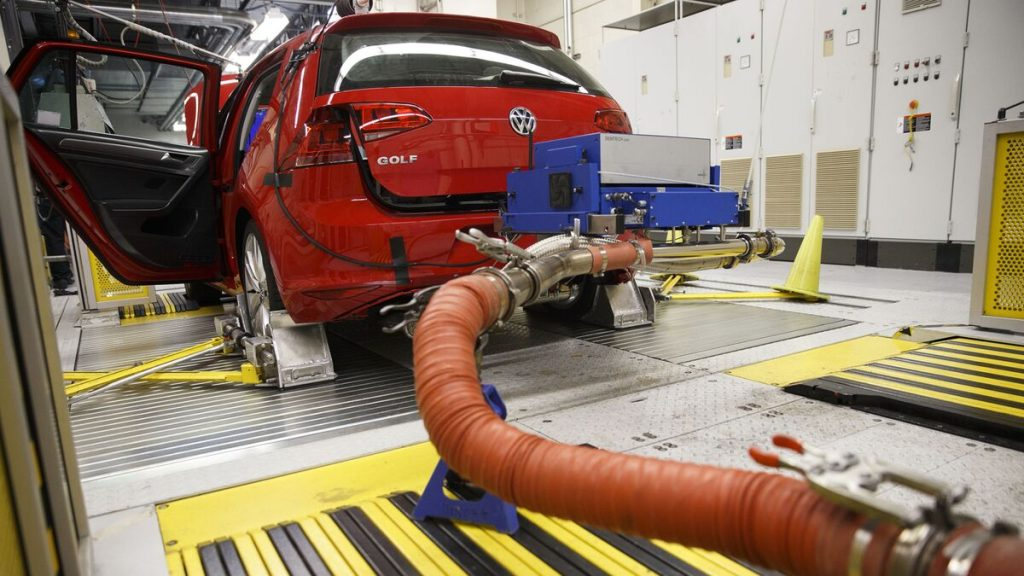Greenwashing: Combating Deceptive Claims
GREENWASHING as defined by the International Organisation of Securities Commissions (IOSCO) refers to the practice of misleading consumers or the public about the environmental benefits of a product, service or company’s practices as it involves making false or exaggerated claims about sustainability or ecological friendliness to improve public perception and gain a competitive advantage.
Greenwashing also often involves making claims without providing data or evidence to support them, including unsupported claims of carbon neutrality, environmental benefits or misleading statistics.
Some companies display certifications or labels that are not directly related to environmental performance. Some companies often use ambiguous and misleading terms like “eco-friendly”, “green”, or “sustainable” without evidence to back up their claims. As for awareness, the public should have a better understanding so that they can differentiate as to who can walk the talk when it comes to this issue.
ESG criteria are a set of metrics to assess a company’s operations by socially conscious investors to screen potential investments based on corporate policy, and to also encourage investee companies to be good corporate citizens. The ESG criteria metrics help investors to evaluate any ESG risks a company might face and how the company is managing those risks.
Addressing greenwashing risks in Malaysia requires a collaborative effort from regulators, businesses, consumers and civil society. Malaysia can take significant steps towards combating greenwashing and promoting sustainability by implementing robust regulatory frameworks, enhancing transparency and reporting, promoting consumer education and fostering responsible investment practices.
"In many jurisdictions, significant damages can be awarded against companies for misleading advertisement. The UK’s Competition and Markets Authority, which is currently investigating claims of greenwashing in other sectors, will soon be able to fine companies 10% of their global turnover for non-compliance.
“The global expansion of sustainable investments has created demand for additional clarity and assistance for market players in identifying economic activities that are aligned with environmental, social and sustainability objectives,” said the SC chairman Datuk Seri Dr Awang Adek Hussin.
A hose connects laboratory emission testing equipment to a Volkswagen Golf. The company was discovered to have manipulated the software to deceive its emissions tests (pic: Bloomberg)
(Source : https://themalaysianreserve.com )



Comments
Post a Comment